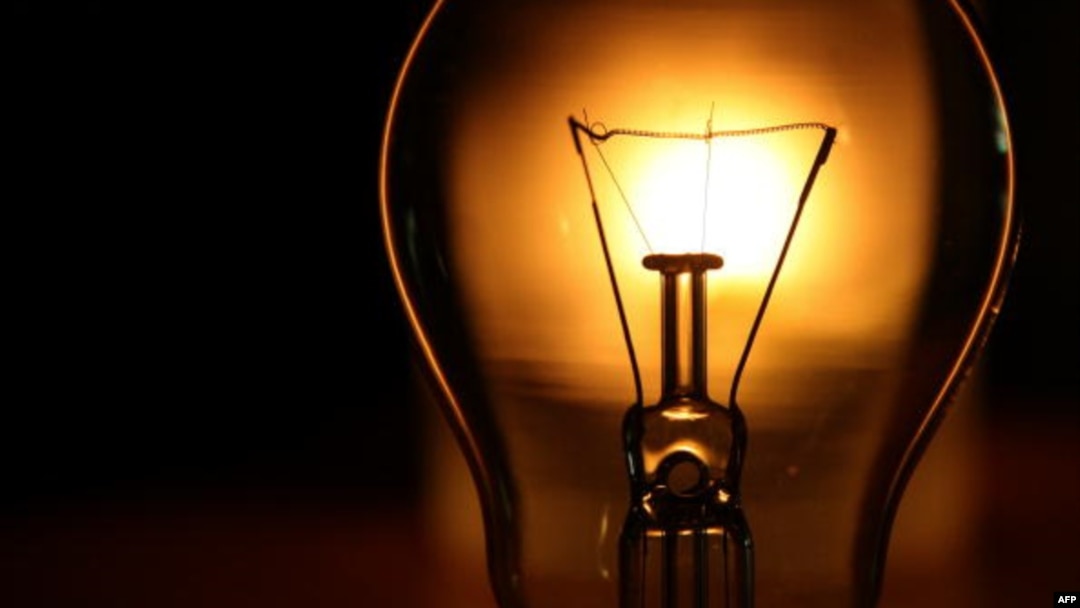There is no electricity for a fan to freshen the torpid air, for a refrigerator to keep food and drinks cool or even for a charger to power up a dead phone.
"I've bought quite a few hand fans," said Haidara, a manager in the private sector, waving one sluggishly through the heavy air.
"But I have to share them with children and our cleaning ladies."
To try to make the ordeal a little more bearable, the Haidara family goes to bed early, but the children often struggle to get to sleep.
Their home in Baco Djicoroni, a district of the capital Bamako, suffers outages that usually last at least two hours - and occasionally all night.
In Mali, one of the poorest and hottest countries in the world, around half of the population of nearly 22 million have no proper access to electricity, according to the World Bank.
At home as at work, the hours can pass slowly in temperatures that climb above 40C in the hot season.
The watchword is patience.
"We sit around all day doing nothing, just chatting," said Ibrahim Konate, chief welder at a workshop in Bamako.
"It's discouraging. We have no choice but to wait, arms folded."
"It's tough when you go to work and find there's no power there. It's like we just come and go and achieve nothing," he said.
Issa Dicko, a grocery manager, said businesses were being badly hit.
"It's the hot time of the year and people need chilled items. If it's not cold they don't buy, and we suffer the consequences," he said.
Outside the capital, in the Segou, Sikasso, or Mopti regions, demonstrations have taken place over recent months against the outages. Gao, in the jihadist-hit north, went without electricity for several days running.
In rural areas, villages have long turned to generators or local companies to help keep the lights on.
But in urban areas, this task falls to the beleaguered national power utility EDM, whose name in French - Energie du Mali - is sardonically tweaked by some to Energie du Mal (Energy of Trouble).
Demand, according to the energy ministry, is rising by around 10 percent annually, far outstripping EDM's creaking fossil-fuel-gobbling power stations.
In the long term, the authorities say they want to exploit Mali's own energy potential. The reliance on fossil fuels has left the country's hydro-electric power and massive solar capacity largely untapped.
In the meantime, people like Mamadou Haidara have to grin and bear it.
"There's advertising, we see truckloads of generators, we are told that some power station is being completed... We are still waiting," he said.
Mali Misery Multiplied by Power Outages

FILE: Representative illustration of a light bulb, taken 31 May 2007 in Paris.
BAMAKO - The scene is replicated in towns across Mali almost every evening. Plunged into darkness by power cuts, people like Mamadou Haidara and his wife while away the hours sitting and talking, stuck in their sweltering homes.

